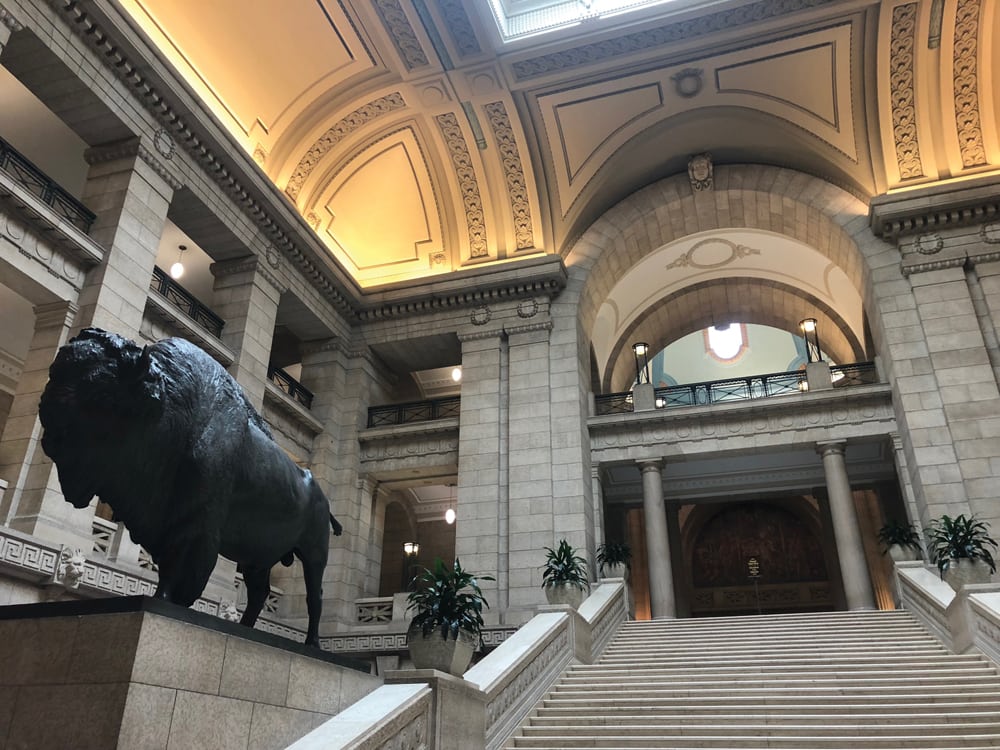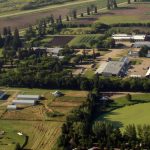Talk to a few people in the agriculture industry, and you’ll likely hear something like this: Agriculture is a great field to work in, largely because there are so many good people in the industry.
I think about this a lot. Is it true? In what way is it true? Is agriculture different than other industries, and if so, how and why? And if agriculture really is a great industry to work in, how broadly can we apply that sentiment?
I don’t think I’ve found a definitive answer to all of those questions. But I do find myself nodding in agreement when people talk about their positive experiences in ag.
Read Also

Avoid these thought traps when investing
Investing for Fun and Profit: Let’s review a list, by renowned fund manager Peter Lynch, of the most dangerous things that stock market investors can say to themselves, or to others.
In most ways, my experience in agriculture has been lovely. I think a lot of it’s about the culture. Last December, I interviewed John Knapp, former deputy minister of Alberta Agriculture, for a leadership story in Country Guide. Knapp picked out many of the key shared values in this sector, including: rural egalitarianism (the idea that we work together as equals); humility; the belief that brevity is elegance; and speaking directly.
There, are, of course, divisions over contentious industry issues. I appreciate that when readers write to me to correct me on something, or to disagree with me, they’re generally civil about it. This is no small thing, given the vile comments other journalists face in mainstream media or certain industries. A thick skin will only get you so far, especially if trolls post your street address online.
Getting too close
I wish I could say that people in ag will never face harassment, but that’s not the case. For over two years, a local reader stalked me. He said weird stuff to me on Twitter. He got my cell number and texted me, even after I told him to cut it out. He leered at me when I competed in cattle sorting. When I confronted him about sitting outside my house at night in his vehicle, he said he’d only done it once, as though that was acceptable.
At times, he was so absurd, it was darkly funny. My neighbour and I laughed at the spectacle of this man, in his 70s, revving his motorbike in front of my house like a horny teenager.
But as months dragged on, it wore me thin. One low point was realizing he was able to send me voice messages on my cell phone, even though I’d blocked his number. I was recovering from my concussion at the time.
I started reading about the psychology of stalkers, and it’s not pretty. There are a few different stalker types. There are the people who stalk ex partners. There are the predatory people who stalk before assaulting the target. And then there are the stalkers who fixate on acquaintances or total strangers (which I was). They are the most persistent. There is very little practical advice on how to get someone like this to back off because there is no real logic behind their actions. Such people are convinced that they are in a relationship with the target of their infatuation, or that they would be, if some external force wasn’t stopping them (such as the target’s spouse, etc.). They are not as likely as some others to be violent, but it is impossible to predict whether they will become violent, according to the research I found.
I didn’t talk about this with my boss for a long time, as I didn’t want it to affect my job. That was probably a mistake because once my boss found out how serious the situation was, she really had my back. So did the human resources people at my company, my editors, and my other colleagues. I also found support from people within my community, locally and farther afield. That support was vital to resolving the situation.
Perhaps writing about this is unwise. For all I know, he still reads my stuff. But I feel like it’s something I’ve been writing around for months. And this afternoon, as I discovered my friend’s street address online, I felt sad. When exactly did I start worrying about these kinds of things, for myself and other people?
But then I thought: I don’t feel like this most of the time anymore. I am just as comfortable sitting down for a coffee at a farmer’s kitchen table as I was before all this began. I’ve changed, but my faith in good people is stronger.
I feel safe in agriculture. It’s a good field to work in, filled with great people.















